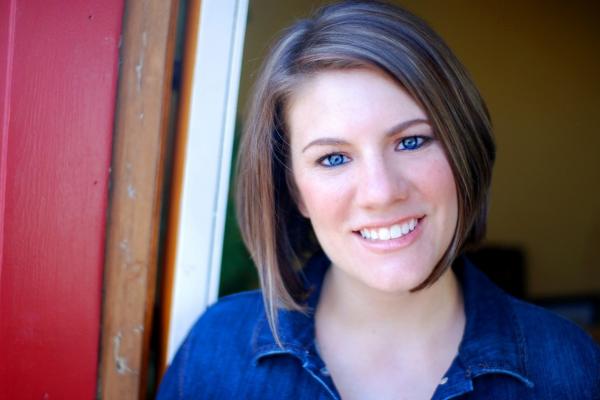May 7, 2019
So many people have testified that Rachel Held Evans created a safe place for them — in person, for some, but overwhelmingly online, with a blog that became an internet sanctuary where people were welcomed, affirmed, encouraged, and lifted up. The hashtag #becauseofRHE highlights these incredible stories across social media — scrolling through the moving testimonies on Twitter feels like attending an online memorial service. Many are calling this online community her church; Rachel had been their pastor.
Read the Full Article

Already a subscriber? Login
